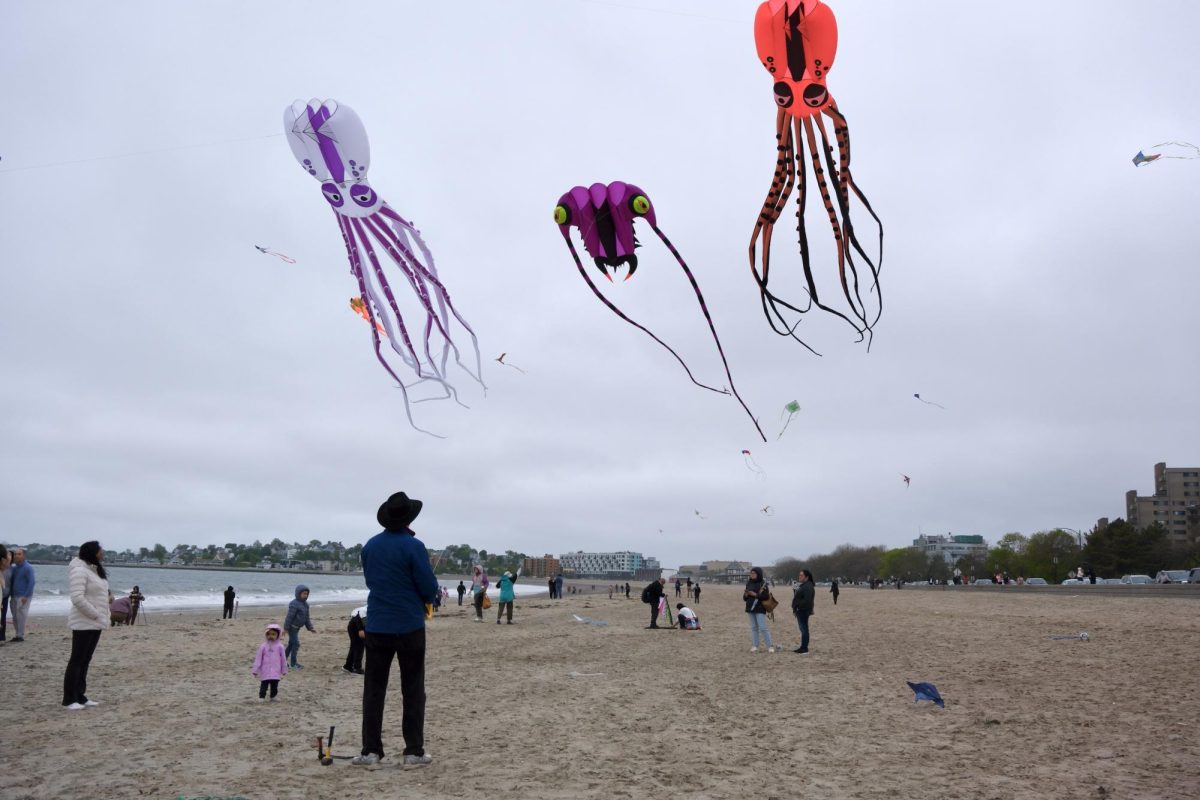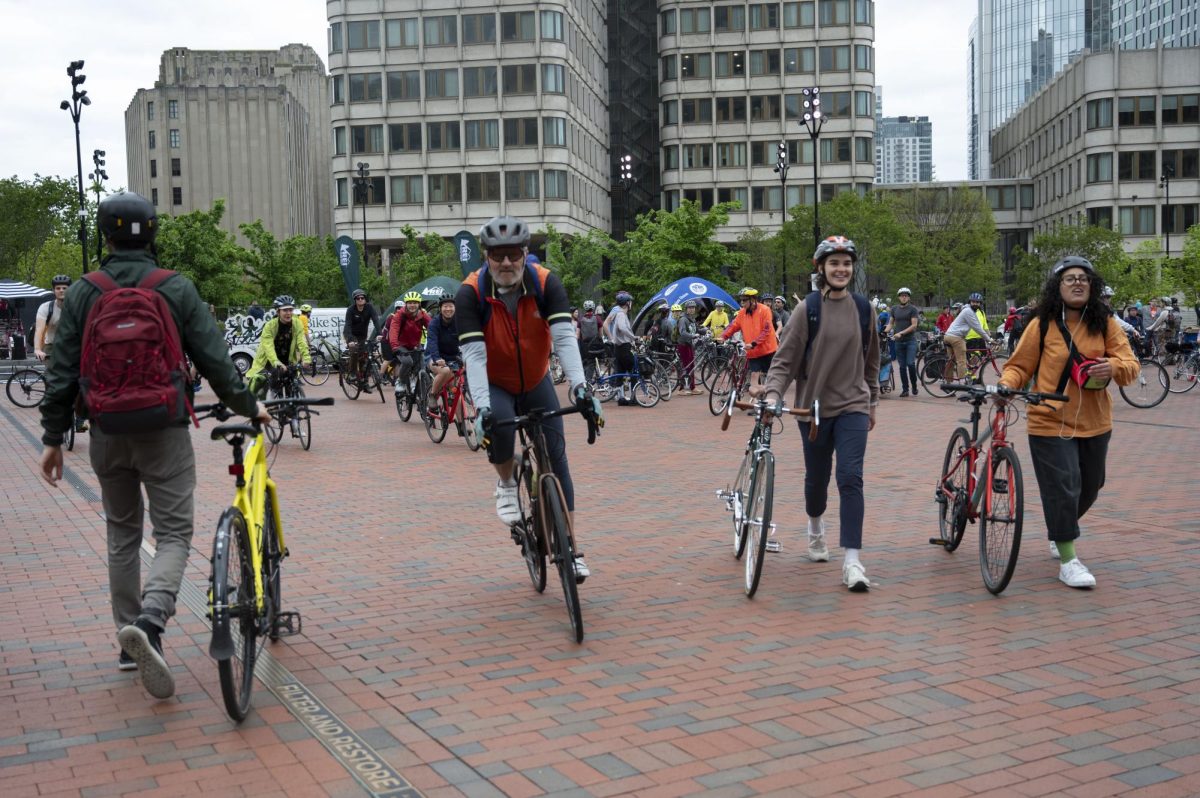Research teams from Northeastern University and Tufts University attended a Boston Task Force on Reparations meeting Feb. 6 to announce their research partnership examining Boston’s history and legacy of slavery.
Boston Mayor Michelle Wu first announced the research teams Jan. 24 to document the city of Boston’s “role in and ties to the transatlantic slave trade and institution of slavery.”
Northeastern’s team, which will examine the legacy of slavery after 1940, is headed by Margaret Burnham, a university distinguished professor of law and director of the Civil Rights and Restorative Justice Project, and Deborah Jackson, managing director of the Center for Law, Equity and Race.
“Our concern will be to surface practices and policies, official and unofficial, of the city itself that contributed to the conditions, lived experiences and disadvantages experienced by African Americans who are residents of the city,” Burnham said at the meeting. “Our investigation will be quite focused on what the city didn’t do to fully recognize the humanity and contributions of African Americans to the city.”
Northeastern’s research team also includes Ted Landsmark, distinguished professor of public policy and urban affairs; Donna Bivens, community leader and vice president of the Colored Girls Museum; and Richard O’Bryant, director of the John D. O’Bryant African American Institute. The team will focus on the lasting impact of slavery in the Boston Police Department, fire department, housing authority and public schools after 1940.
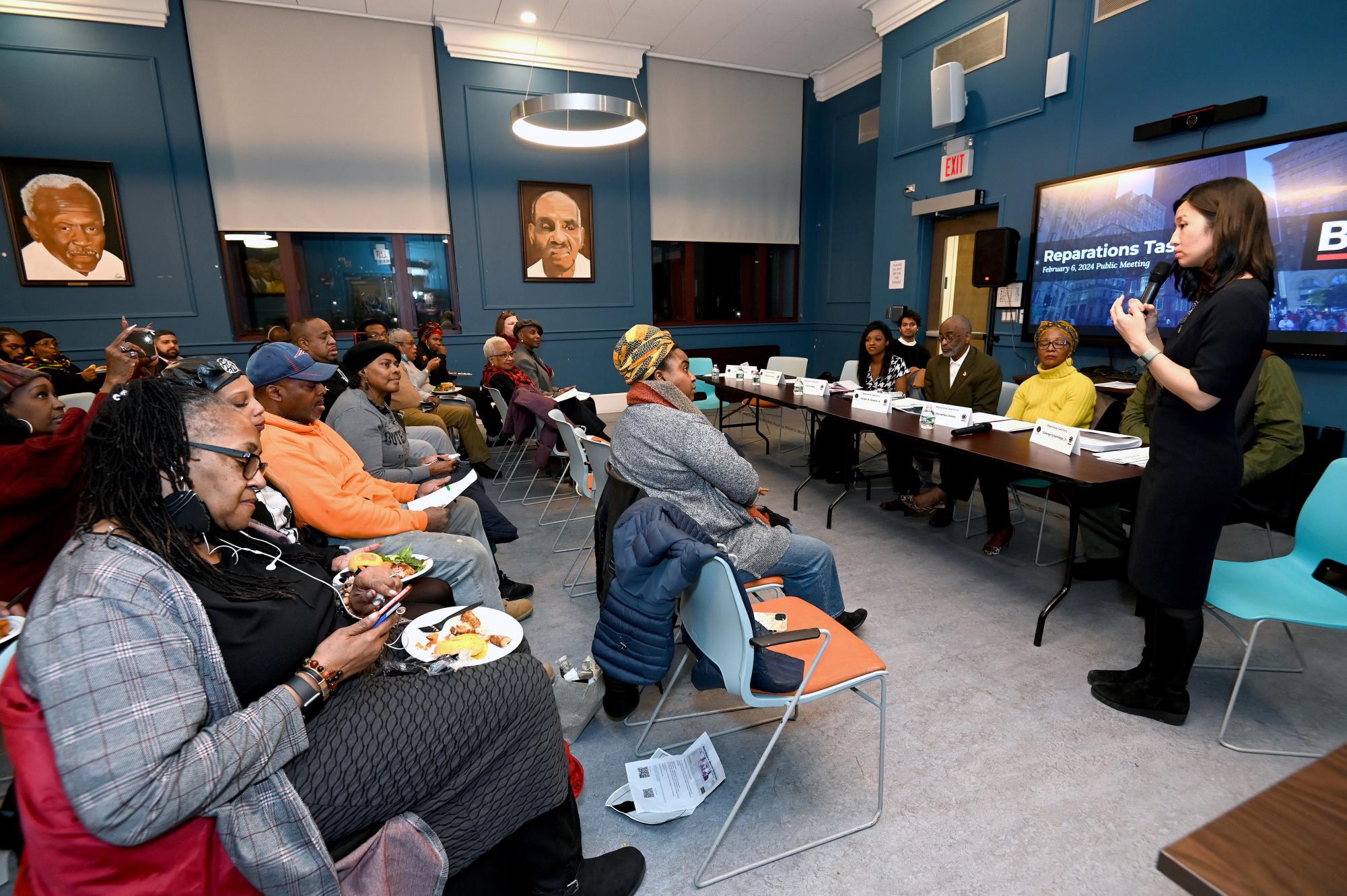
Wu attended the meeting to give a brief statement on the task force’s work and the support Boston will put behind the research teams’ findings.
“As you all know, we are here because the City Council and community members started the conversation many years ago, really decades and generations ago, about how cities everywhere should be talking about reparations,” Wu said at the meeting. “In the last several years, we had the chance to really make it real with legislation creating a structure to guide our city through this set of conversations.”
A $500,000 budget has been dedicated between both the Northeastern and Tufts teams to support their studies. The budget is taken from Boston’s annual operating budget and federal relief funds. The teams will produce detailed reports that will be used to outline reparations programs in Boston.
Boston’s Task Force on Reparations was formed after the passing of a 2022 City Council ordinance and is made up of 10 members, consisting of academics, activists, community leaders and two youth members. It began requesting research proposals in late 2023 to study Boston’s history and legacy of slavery from 1620 to present day. Tufts’ research team is made up of members of the African American Trail Project and Royall House and Slave Quarters in Medford and will be studying Boston’s participation and legacy in the slave trade from 1620 to 1940.
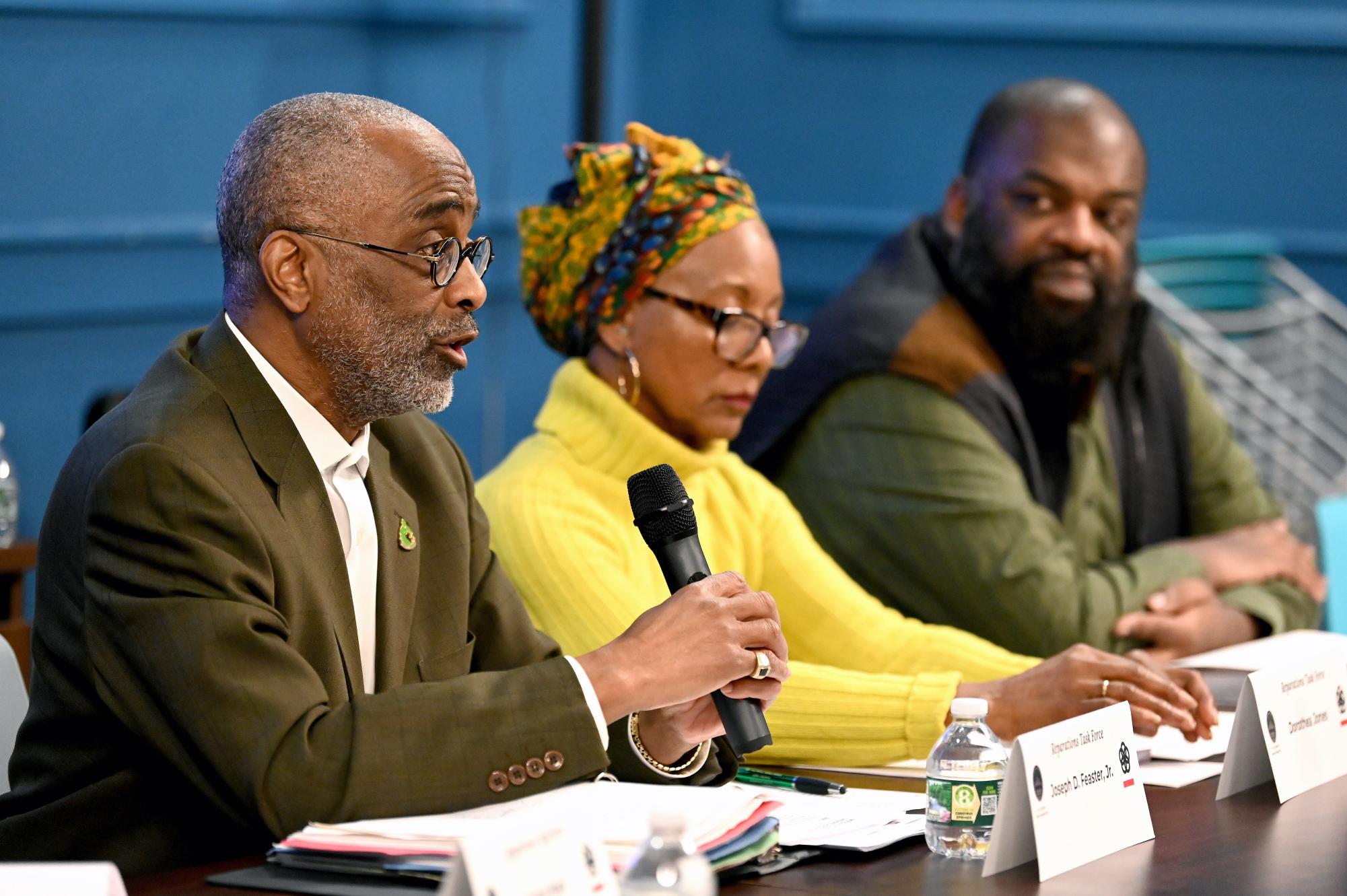
“Oftentimes we think about [enslaved] Black people solely on plantations, but that is not the way that it works in this city,” said Kyera Singleton, a member of the Tufts research team and executive director of the Royall House and Slave Quarters, at the Feb. 6 meeting. “One of the things that we’re really going to show is how central slavery was to building the wealth of Boston.”
Members of Northeastern’s research team are adamant about detailing the impact of slavery in Boston, which has lasted past its abolition in Massachusetts.
“Slavery was an institution that at one point [was] terminated in the city of Boston, but it left a long shadow over the city, and our job will be to trace the marginalization of the African American community in the city,” Burnham said at the meeting. “The exclusions experienced by African American residents of the city find their roots in history in the early slave days of Massachusetts and Boston.”







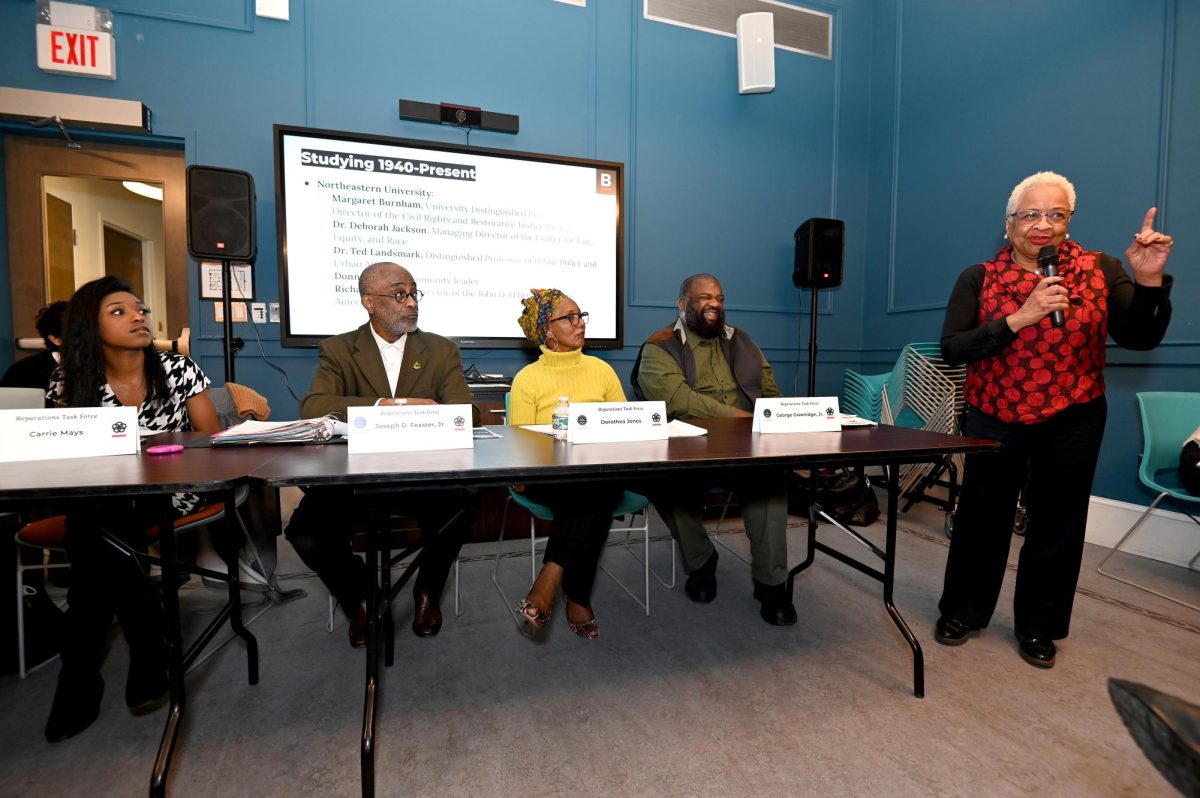

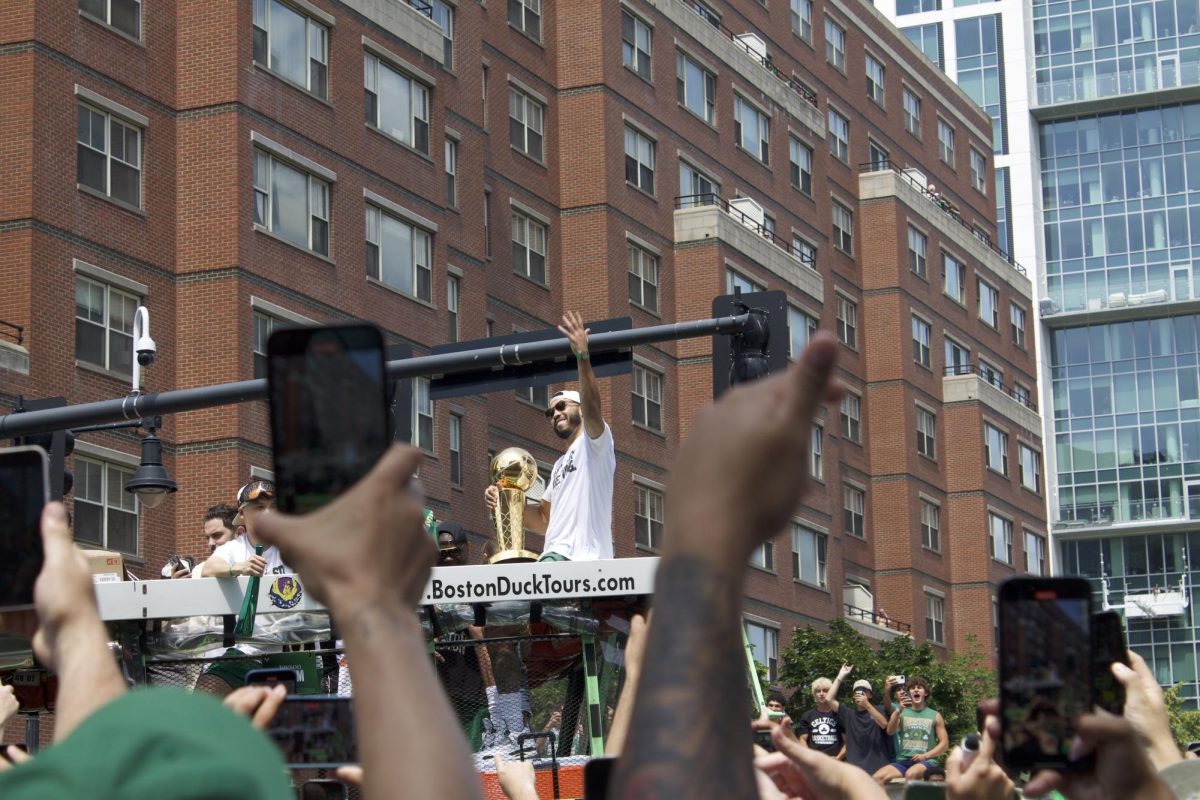
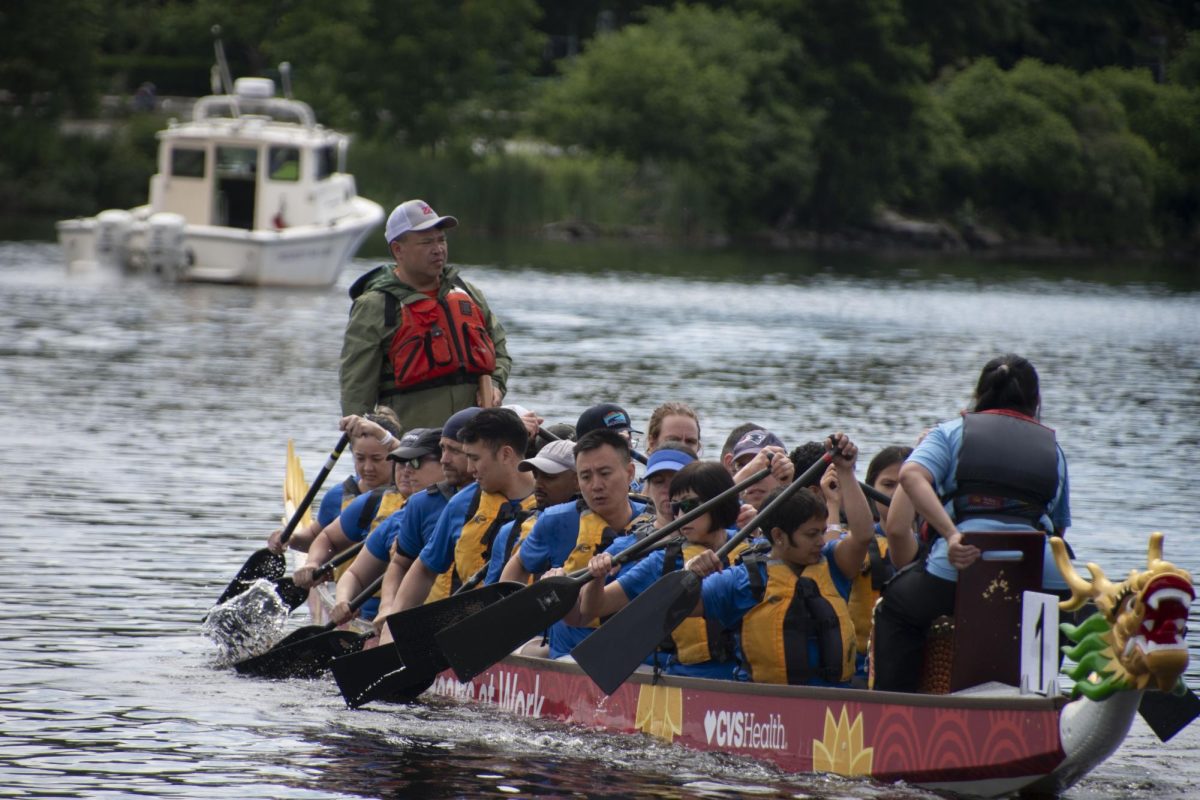
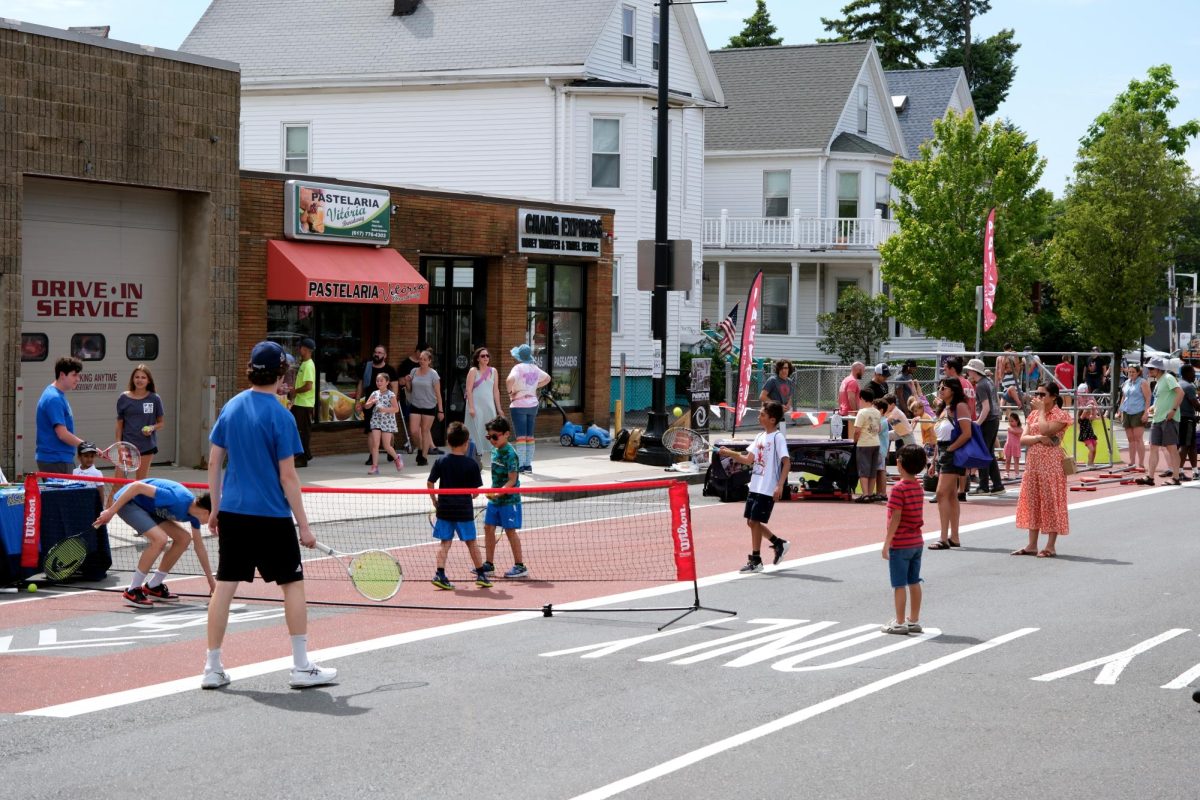
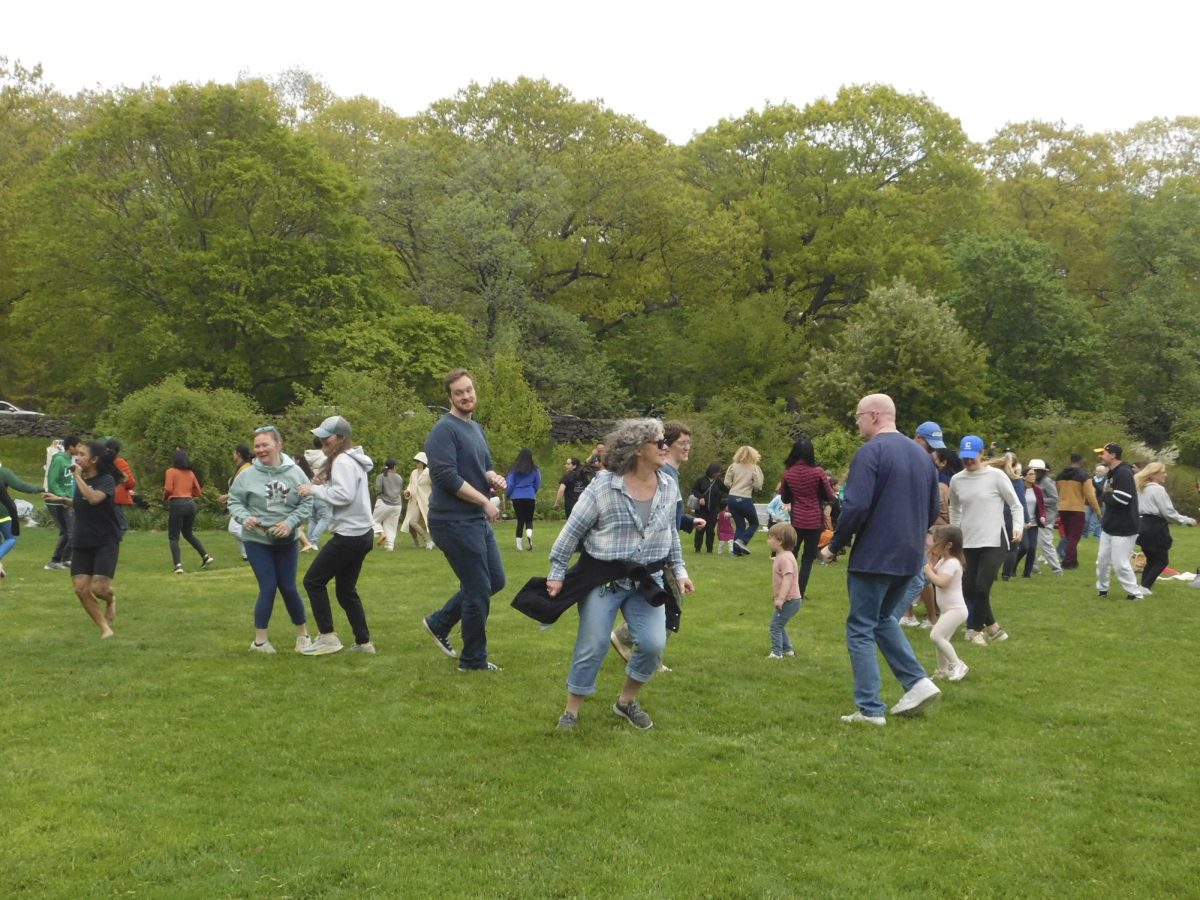
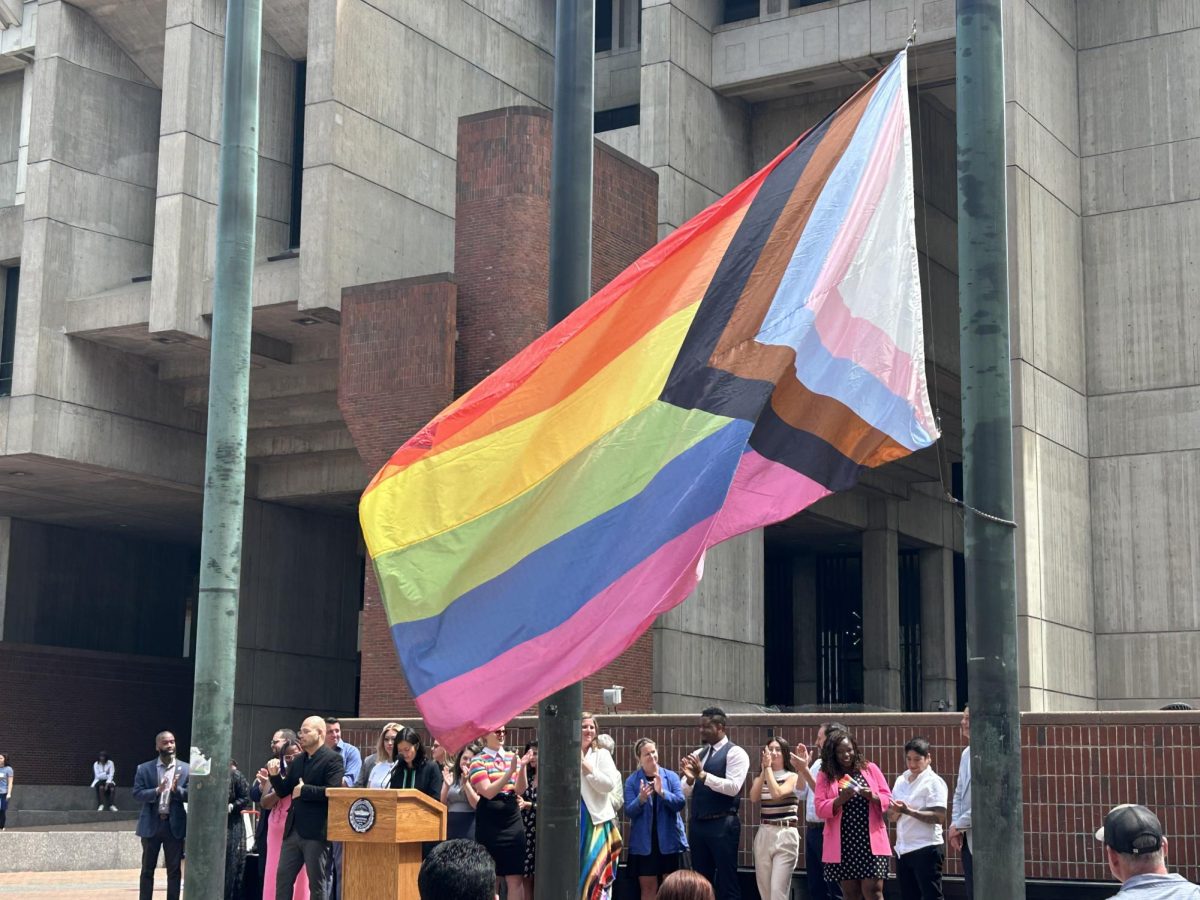
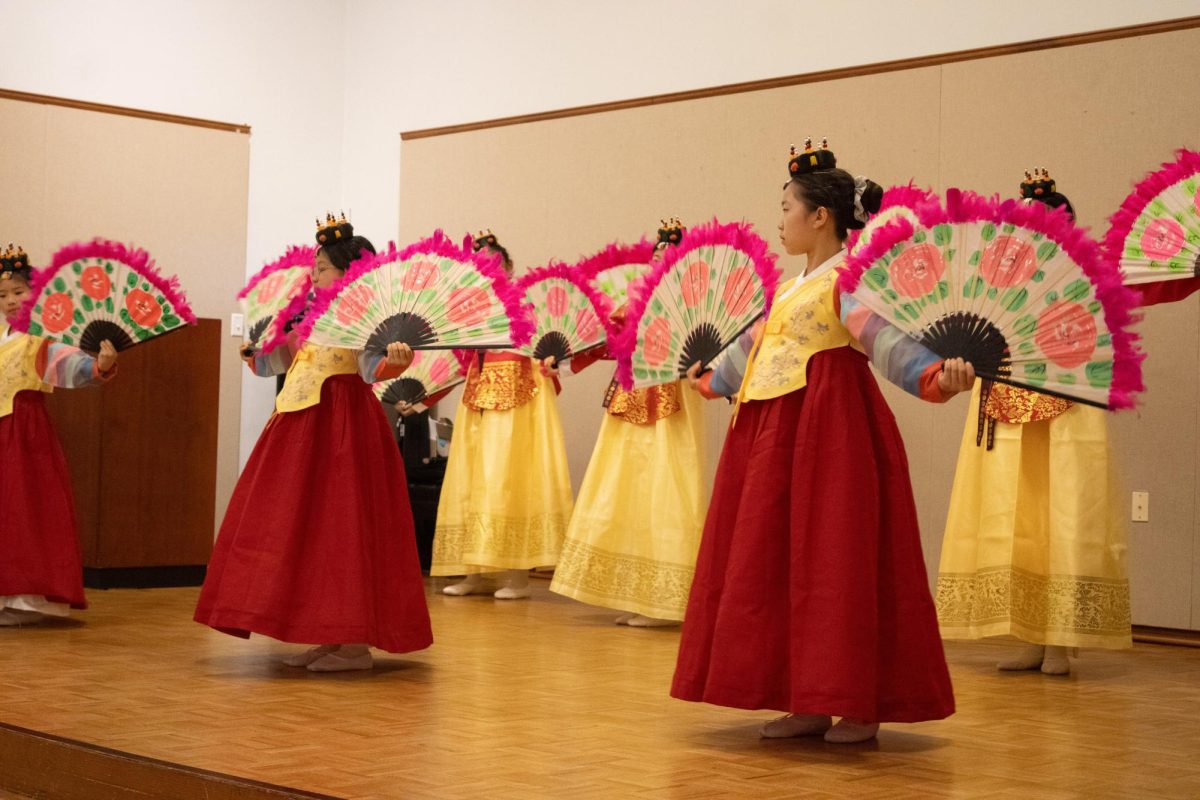
![Dominique Dixon poses for a photo with her handmade polymer clay earrings. Dixon founded Mahogani Shop in 2017 using her design background and inspiration from African culture. “I started [Mahogani] in a place where I was trying to rediscover myself as an artist, as a Black woman, Dixon said. So a lot of my influence comes from my culture, architecture, art.”](https://huntnewsnu.com/wp-content/uploads/2024/05/SeaportBlackOwnedBos.Market_5_19_24_ZoeMacDiarmid_6-1200x800.jpg)
